I always hear people say “If you can read, you can cook” or “As long as you are organized, you can get dinner together.” I believe both of these maxims to a certain point, but the older I get and the more I hear from parents struggling to get dinner on the table every night, the more I feel like we’re ignoring a bigger obstacle in the kitchen. And no, I’m not talking about the two-year-old pulling on our skirts as we attempt to boil water, though that’s certainly legit. Mostly, I’m talking about confidence — or, more to the point, the lack of confidence that holds so many of us back.
I know from lack-of-confidence. Wow, so many stories to choose from here to support that claim, but I think I’ll use this one:
When I was in college, I sat in on a political science class in the beginning of the semester to see if it was up my alley. It was during that first-week period when students are allowed to shop around before committing, and I found out pretty quickly that the course was exactly what I was looking for. It was an American Politics 101 type deal, so would fill my plentiful knowledge gaps, and the professor was a natural storyteller. I felt if anyone could find a way to make terms like “unitary executive theory” amusing, this was the guy. It was settled — I would officially enroll. But then, just as he was wrapping up class, he dropped the hammer. “Oh, one more thing. You won’t get away with not talking. Class participation is most of your grade.”
I signed up for an art history survey class instead.
Class participation — those two words scared the living daylights out of me. I had a crippling fear of public speaking that could be sourced to one feeling and one feeling alone: Why does anyone care about what I have to say?* I’d look at people talking in meetings or at conferences or giving toasts at weddings like they were superheroes who had cracked some mysterious code. How do they have the confidence to just get up there, offer their thoughts, and not turn fifty shades of magenta like me? How do they get up there and not allow the anticipatory dread of public speaking to upend their lives?
I thought about all this last month when I was speaking at a conference in Chicago. There were about 200 people in the room and I had typed up my notes on the flight only a few hours before I got up on stage. The topic was something I had spoken on before, but still, I don’t think there was a minute where I was thinking what I used to think in these scenarios: I just want this to be over so I can have my appetite back.
So what changed? How did I get over it? And what does the heck does this have to do with cooking and those crazy looking meatball sliders up there?
The short answer is, I had no choice but to get over it a few years ago when my first book came out. Much to my horror, I found out quickly that writing a book was not only about typing away on my laptop while sipping Americanos in the local cafe. (Actually writing a book isn’t at all like that.) Apparently, once the writing part is done, there are readings and conferences and, if you’re “lucky,” media appearances and parties where toasts and speeches are required. I am not complaining…except I am. The excitement of publishing Dinner: A Love Story was almost overshadowed by the anxiety I had about getting up to speak at these events. Almost.
I’m not going to shatter anyone’s world by revealing what cured me, but my solution was a) to prepare like mad and b) to do it. And screw up. And do it again. And screw up. And do it again. I learned something small every time I got up there (not a good idea to write complete sentences on your reference cards if you don’t want to sound like a robot; that there’s no shame in having a half glass of wine beforehand if at all possible) but I also took away something big: I was judging myself way more harshly than anyone else was.
Over the past few weeks I’ve been reading and cooking from Mastering My Mistakes in the Kitchen, a cookbook by Dana Cowin, the editor in chief of Food & Wine who writes on page one: “I’m going to be honest. I am not a great cook.” She then sets about learning how to become more confident in the kitchen with the help of a few friends named Thomas Keller, David Chang, April Bloomfield, Eric Ripert, and pretty much every other major luminary of the restaurant world. (To butcher Mel Brooks a bit: It’s good to be the queen.) Along the way, she chronicles her mistakes as well as the chef’s solutions to those mistakes, from the very basic (using acid in a cast iron pan is going to impart bitterness to whatever you’re cooking in that pan) to the very cheffy (curry pastes from Thailand or Malaysia are best) to the downright revelatory (don’t truss a whole chicken when roasting, more air will circulate and the chicken will cook more evenly). The tips are all great, as are the recipes, but what I love most about this book is that it’s addressing something else beneath the surface: The idea that we all feel like frauds on some level and that the quickest way out of this is to just put yourself out there. In her words: “I discovered a bigger lesson — something more important than the perfect friend chicken or no-fail souffle. And that is to be honest about what holds you back…and face it head-on.”
In this way, those of us who want to learn how to cook should feel grateful for the relentlessness of cooking for our kids, right? Think about it: They demand to be fed every single night. That’s a lot of nights to figure out when to recognize that the chicken should come out of the pan when it’s firm to the touch but not rock hard; to figure out that wow, smoked paprika is a lot more powerful than regular paprkia; to realize that replacing dried canellini beans with canned is generally going to be fine, but replacing fresh green beans with its canned counterpart generally is not; to learn that your kid will eat black bean burritos if you leave out the black beans; to learn that maybe next time you have four people over for dinner, you don’t cook one ginormous bunch of farm-fresh spinach that wilts down to approximately one cup of farm-fresh spinach; to get over feeling like a fraud.
It’s a lot of nights to screw up, and learn, and acquire an instinct, so you can do it right tomorrow.
*Yes, the blogger recognizes the irony of this statement.
Giveaway! Comment below to be eligible to win a free copy of Mastering My Mistakes in the Kitchen. Contest ends 11/11 at 8:00 ET. Must be a US resident to win. (But obviously anyone can comment!) Good luck! UPDATE: The winner has been chosen (bearsmama, #124). Thanks for playing everyone.
Pork Meatball Sliders
What did Cowin learn from The Meatball Shop‘s Daniel Holzman? That the higher the percentage of lean meat to filler, the denser the meatball. So adding bread, cooked rice, or another filler helps keep them light and tender. Active Time: 30 minutes Total Time: 1 hour Makes 15 sliders
FOR THE MEATBALLS
Three 1⁄2-inch-thick slices day-old white sandwich bread, crusts removed, bread chopped into small pieces (11⁄2 cups)
1⁄3 cup whole milk
1 large egg, lightly beaten
2 tablespoons finely chopped flat-leaf parsley
2 tablespoons finely chopped basil
2 tablespoons finely grated Pecorino cheese
1⁄2 teaspoon kosher salt, or more to taste
1⁄2 teaspoon freshly ground black pepper, or more to taste
1⁄2 pound ground pork
1⁄2 pound sweet Italian sausages, casings removed, sausage crumbled
FOR THE GIARDINIERA SPECIAL SAUCE
1⁄2 cup mayonnaise
1⁄2 cup finely chopped giardiniera (pickled vegetables, available jarred or at the olive bar at supermarkets and Italian markets)
11⁄2 tablespoons giardiniera pickling liquid
11⁄2 tablespoons ketchup
TO SERVE
15 soft slider buns
11⁄2 cups roughly chopped arugula
1. Preheat the oven to 425°F. Line a large rimmed baking sheet with parchment paper.
2. Put the bread in a large bowl, add the milk, and let the bread sit until it’s softened, about 2 minutes. Scrunch the bread with your hands so that it almost forms a paste. Add the egg, parsley, basil, Pecorino, salt and pepper and mix until uniformly combined. Add the ground pork and sausage and knead gently to combine.
3. Fry a little tester patty in a skillet and adjust the seasonings as necessary.
4. Use a small (2-tablespoon-size) ice cream scoop to form the pork mixture into 30 small meatballs. Gently roll each meatball in your hands until smooth. Line them up on the prepared baking sheet, leaving a little space between them.
5. Bake until the meatballs are just firm and an instant-read thermometer inserted in the middle of the meatball in the center of the baking sheet registers 150°F, about 15 minutes.
6. Meanwhile, put all the ingredients for the sauce in a small bowl and stir together.
7. Top the bottom of each slider bun with 2 meatballs and some arugula. Add on plenty of giardiniera sauce and the tops of the buns and serve.

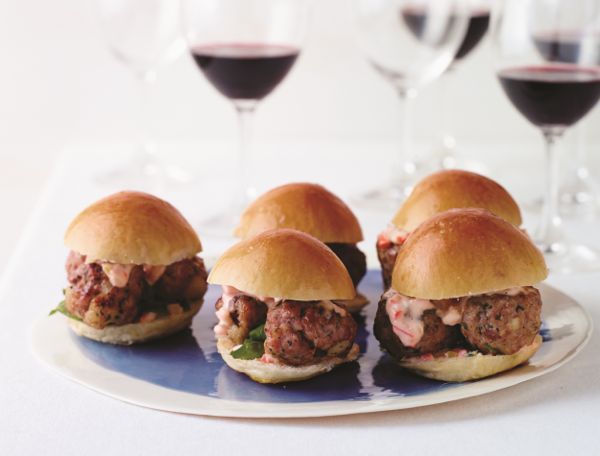
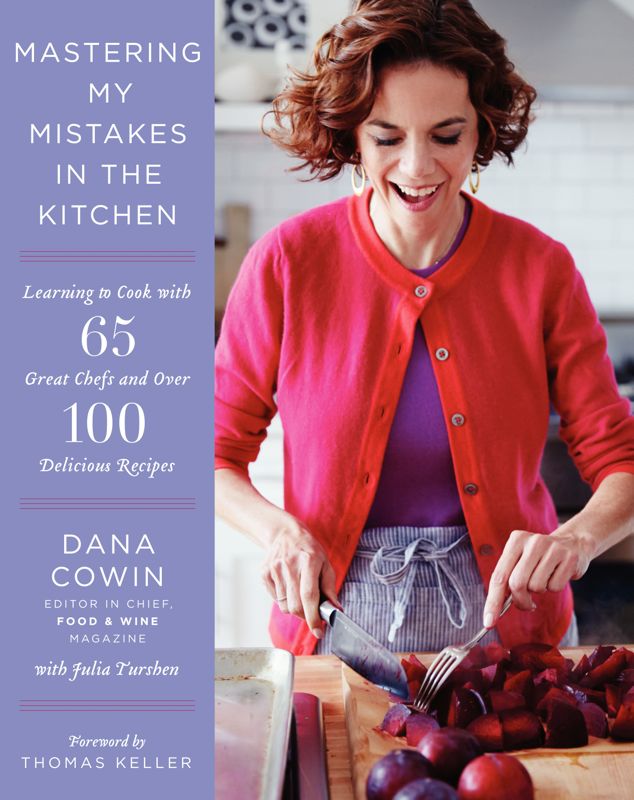
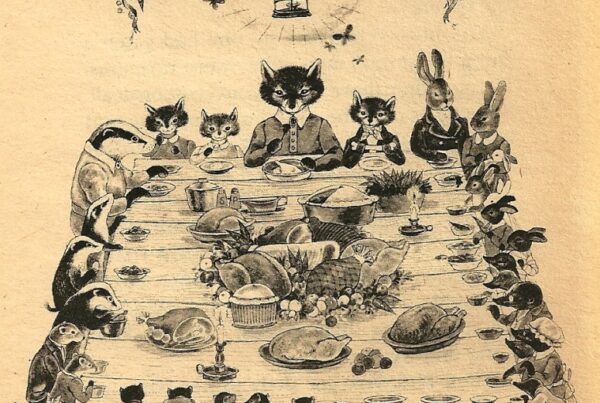
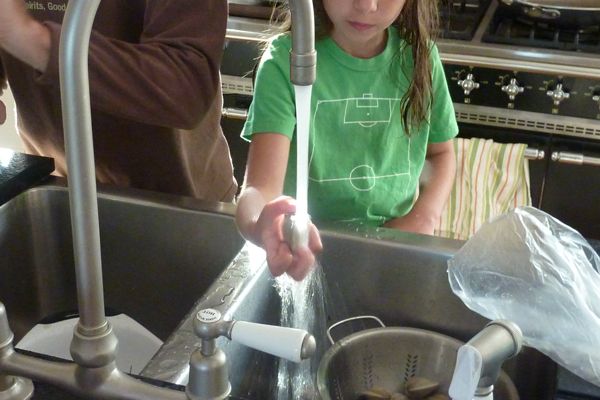

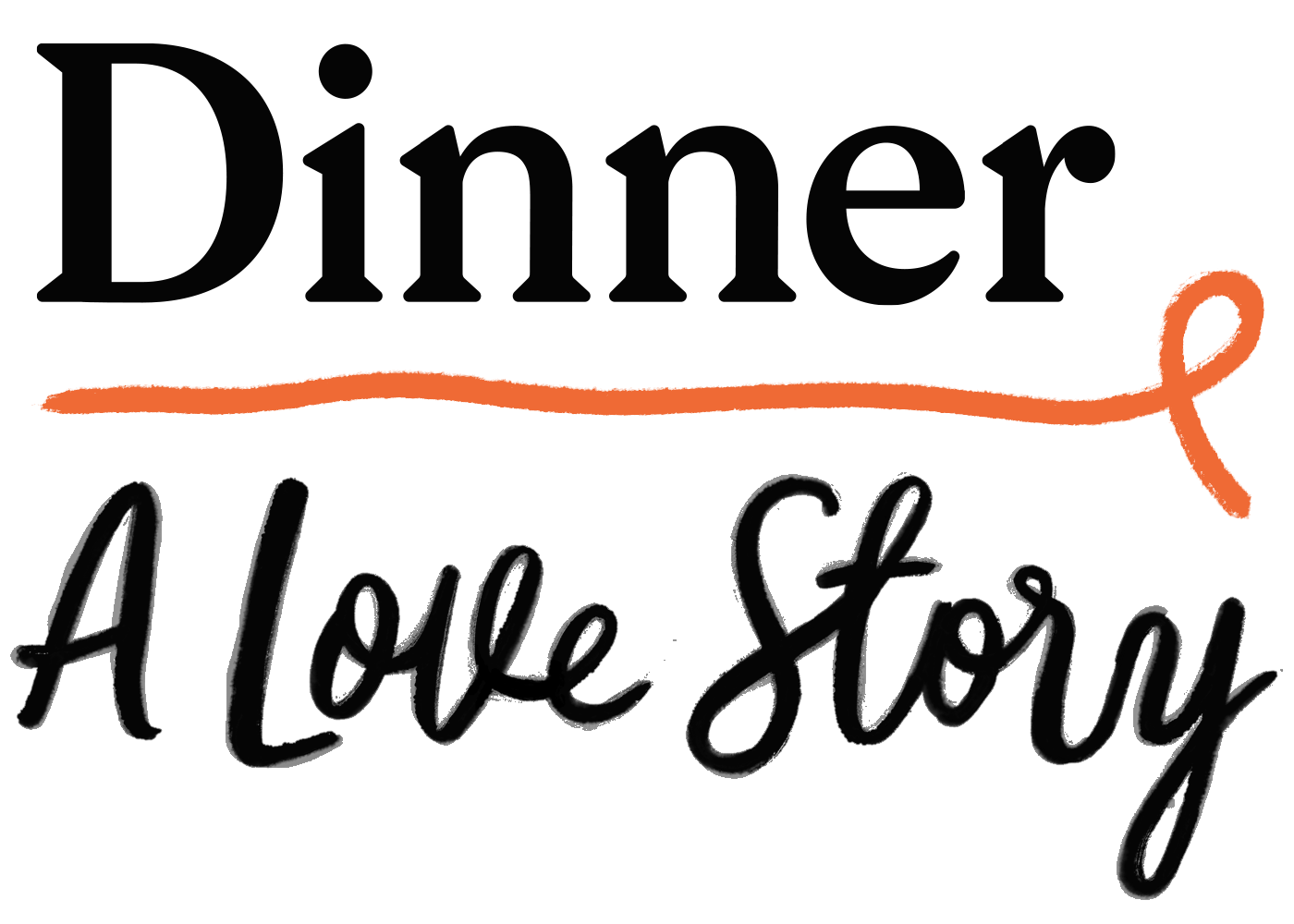
Ah, I have spent quite a bit of time waiting to be found out for the fraud I feel I am… It is best to keep things like attending culinary school out of polite conversation. Ahem.
YES, yes, yes!! I actually find myself giving my own mother pep talks to help her be more confident in the kitchen. She can read and follow a recipe, but she psyches herself out. I call her, walk her through the recipe, tell her the tricky parts to watch for and then she calls me back happy and excited after she’s successfully executed the dish! And the next time, she feels confident enough to make that recipe without my pep talk. (Can’t wait to read Dana’s book btw!)
Wow, what a great idea. I have a handful of things that I am confident making, only because I screwed them up so many times!!!
So encouraging. Thanks.
I’m awesome at making mistakes! Thank you for your posts.
What a great premise for a cookbook – looking forward to making the sliders tonight
Totally agree about just doing it. I am not a chef but I cook most nights and will bake almost anything. I hate making mistakes and sometimes I’ll think about a recipe for a long time before trying it. But I will tell anyone who claims to not know how to cook (ahem, like my husband) that you just have to get in the kitchen and do it. If you know what tastes good, then you can learn to cook!
I make miserable mistakes on the kitchen. I would love to win this book!
something that helps my confidence is getting my boyfriend, who isn’t really a cook, in the kitchen with me. Somehow talking him through what I’m doing reminds me I do have some skills! That and a glass of wine doesn’t hurt 🙂
Always comforting to know the experts aren’t perfect!
This is so timely. Thank you. I am a former chef – who now lives/works in the software world as a Product Manager. (this means I design the things you use).
As a cook – I am fairly fearless … I know the basics – and if something doesn’t work out – I review for “lessons learned”. Almost always – I am the harshest critic of the meal/dish – while everyone else just eats.
Without much loss of confidence I just adjust for the next time (rapid iteration).
But in my professional life? *shudder*. Any failure/shortcoming is a LACK OF ME … not “Oh! What did I/we learn – let’s work with the team to come up with something better.”
What’s the difference in the two situations … and how do I come to grow and promote the lessons that I’m so willing to try and SHARE in my professional life?
Once again, you rock!
I never win anything, please pick me!
Love this post. Switching the perspective from the nightly drudgery of dinner to practice makes perfect is genius. Thanks for the inspiration. I will use this argument to explain to my family why I try to cook nightly. It is so that I can make better dinners for us.
Would appreciate having this book, have a lot to learn in the kitchen…
I think you are absolutely right–we learn how to do things well by doing them! Over and over again. It would be nice to get some shortcuts of Dana Cowin’s, though 🙂
Wow! Beginning to feel much better about my own short-comings and lack of confidence in the kitchen. Beautiful book- I am thinking I could learn a ton from Dana Cowin!
Just leaving a comment intimidates me 🙂 looks like a great book!